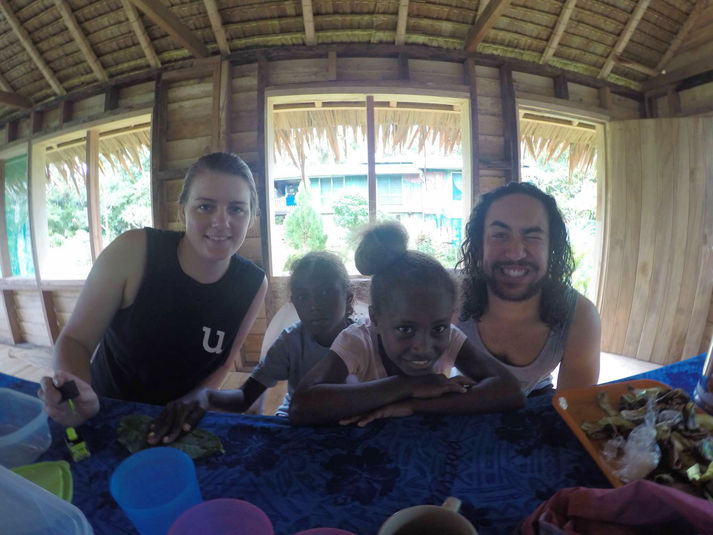Humans Of The Islands - Antony Vavia
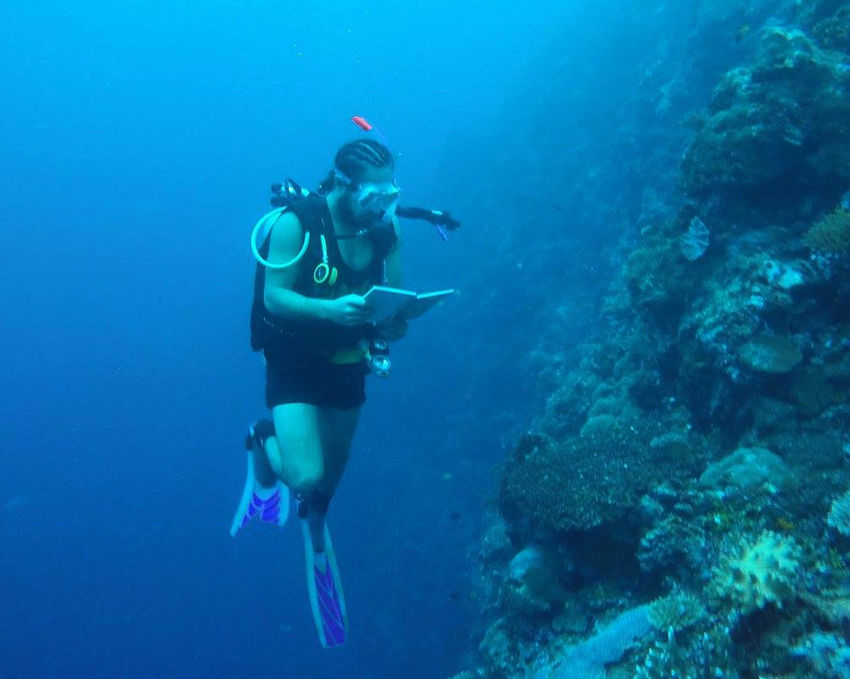
Antony Vavia
20 Years Old
Cook Island / Fijian
I grew up in South Auckland, Manurewa with my mother. I’ve got two sisters, one older than me and one younger than me, so I am the middle child and the only guy in my family.
Being surrounded by Island women pretty much describes my upbringing. There was my mother, my two sisters and also my Nana. She’s been really influential. They've always inspired me to work hard. The reason why my family is in New Zealand is because my Mum and Nana wanted us kids to have a better education and grow in a world with more opportunities. They’re a constant reminder of that.
My Dad’s always been there too, I would visit him every fortnight when I was growing up. He’s had a really good impact on my life too in terms of being genuine and being real. He’s also the one that directed me to studying what I study now. My older sister has always really looked out for me. She sort of guided my youth and helped me to avoid bad situations. She gave me a lot of advice so it sort of helped me hit the ground running growing up. And my little sister….ohhhh (laughs) she’s a bit of a handful sometimes but I think all younger siblings are. She’s taught me things, especially with responsibility and you know, always being aware that you’re a role model and that someone looks up to you. So that’s taught me a lot.
Can you tell me a bit about your Pacific heritage?
My mum’s from the Cook Islands and my Dad’s Fijian. I mostly grew up familiar with my Cook Island side and am not too familiar with my Dad’s side. While my Dad grew up in Fiji he lived in Australia and then New Zealand so he’s pretty westernised now but still aware and respectful of his own culture’s traditions.
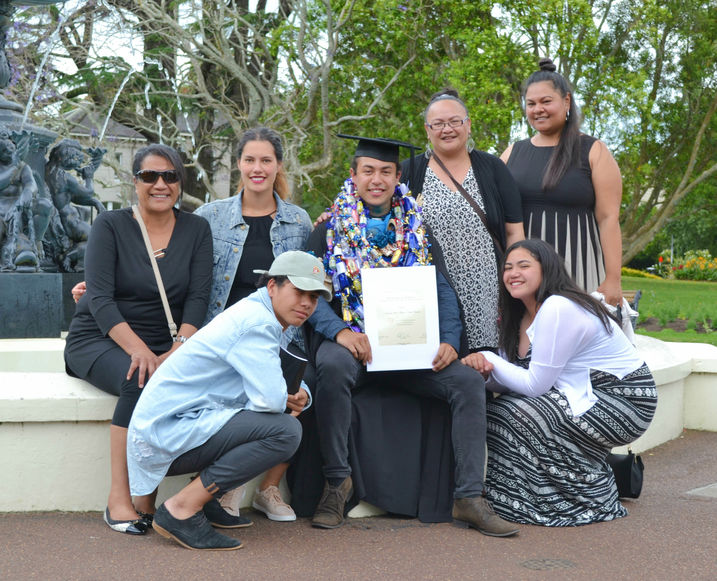
When you look back on your life, what has been the most challenging struggle that you’ve had to overcome?
Growing up surrounded by women, I think sometimes I struggled with feeling like I was growing up alone. I would rely on myself for a lot of things so that was one of my biggest motivations for working hard. If I couldn’t do something or if someone couldn’t do something for me, I needed to make sure that I could overcome and do it myself. My family were definitely supportive of me but it was just, in a broad sense, the feeling of being alone and learning how to achieve things by myself. So that really pushed me to achieve.
You’ve had some awesome opportunities in your life with your study. Can you share a little bit about that?
Last year after winning the Prime Minister’s Pacific Youth Awards in the science category, I used the funds to go study in the Solomon Islands and do a paper there. We studied the coastal ecology and looked at the coral reefs, trying to understand the biodiversity there and also see what fishes were present. We did a census on substrate sites to assess the coral health, and also looked at the abundance of Parrotfish. It was really amazing. That kind of experience gives you so much gratitude for the rich marine life we have back in the islands.
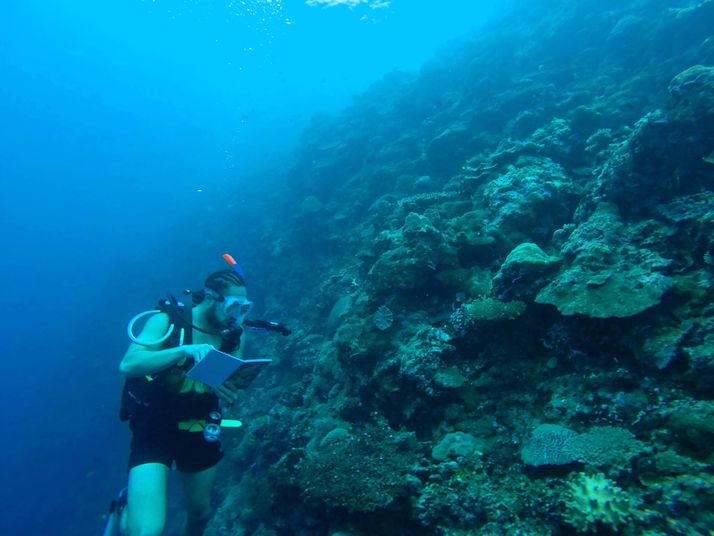
I also had the opportunity to go to Tonga and help a PhD student from AUT. We stayed on a yacht for a week and did research on humpback whale behaviour. We sailed around Vava’u and assessed their behaviour. We used drones from AUT, it was amazing.
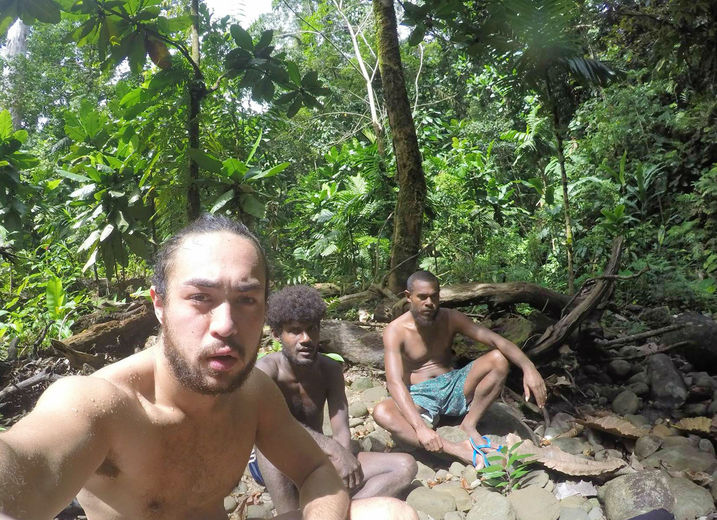
Can you talk about your experience working on the ground with local people. What did you learn?
Actually, that was one of the biggest parts of it - we were always working with locals. They were the ones taking us out to these reefs and making sure we were okay. Just getting to know them and seeing that this is what they do every day. They do this for sustenance and they go hiking through the bush - it’s an amazing experience but these guys live it everyday for sustenance. We’re doing it for study, for an adventure, to learn. You begin to appreciate how much there actually is in the islands. It just made it more real, like - ‘we’re here, we’re with the locals. We don’t need any flash technology or anything because we’ve got an ocean at our doorstep and a forest in the back yard.”
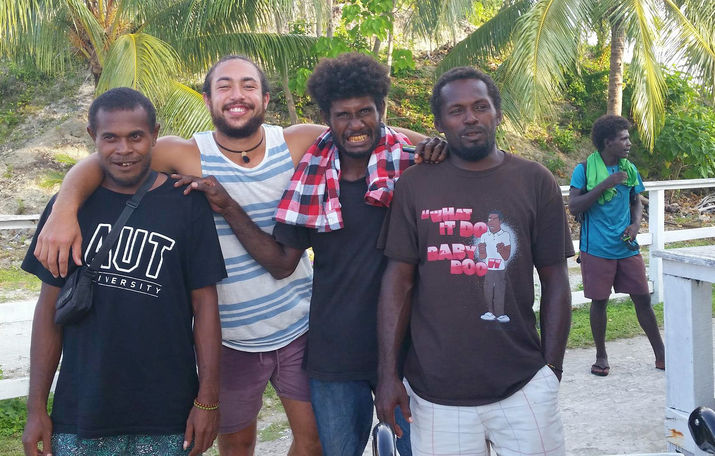
Can you describe what it was like experiencing the transfer of knowledge between you and the locals?
We call it traditional ecological knowledge. One of the example is in the Solomon Islands when we were talking about Crayfish and just observing their migration from a scientific view. I was talking to one of the local guys there and he was saying “No, there won’t be any crayfish around here” and I said “Why not?” and he said “Because you wait about four days until there’s a full moon and that’s when they’ll come. Whenever there’s a full moon, they’ll be here around this area.” I was like ‘Wow’. You know, that’s something that you just learn over time from your father or your grandfather. It’s knowledge passed down orally and they’ve observed it. They may not have the scientific details but in terms of traditional knowledge, they’ve got it written on the back of their hand.
After you finish studying what would you like to do?
I’d like to go back and work in the pacific region. I think it’d be really cool to go back and work there, do some research there. In the islands there's a lot of marine biodiversity and you know, it's quite abundant there. That's where my interest is - in Pacific Islands and New Zealand, and I really want to promote our Marine waters.
By Indira Stewart
